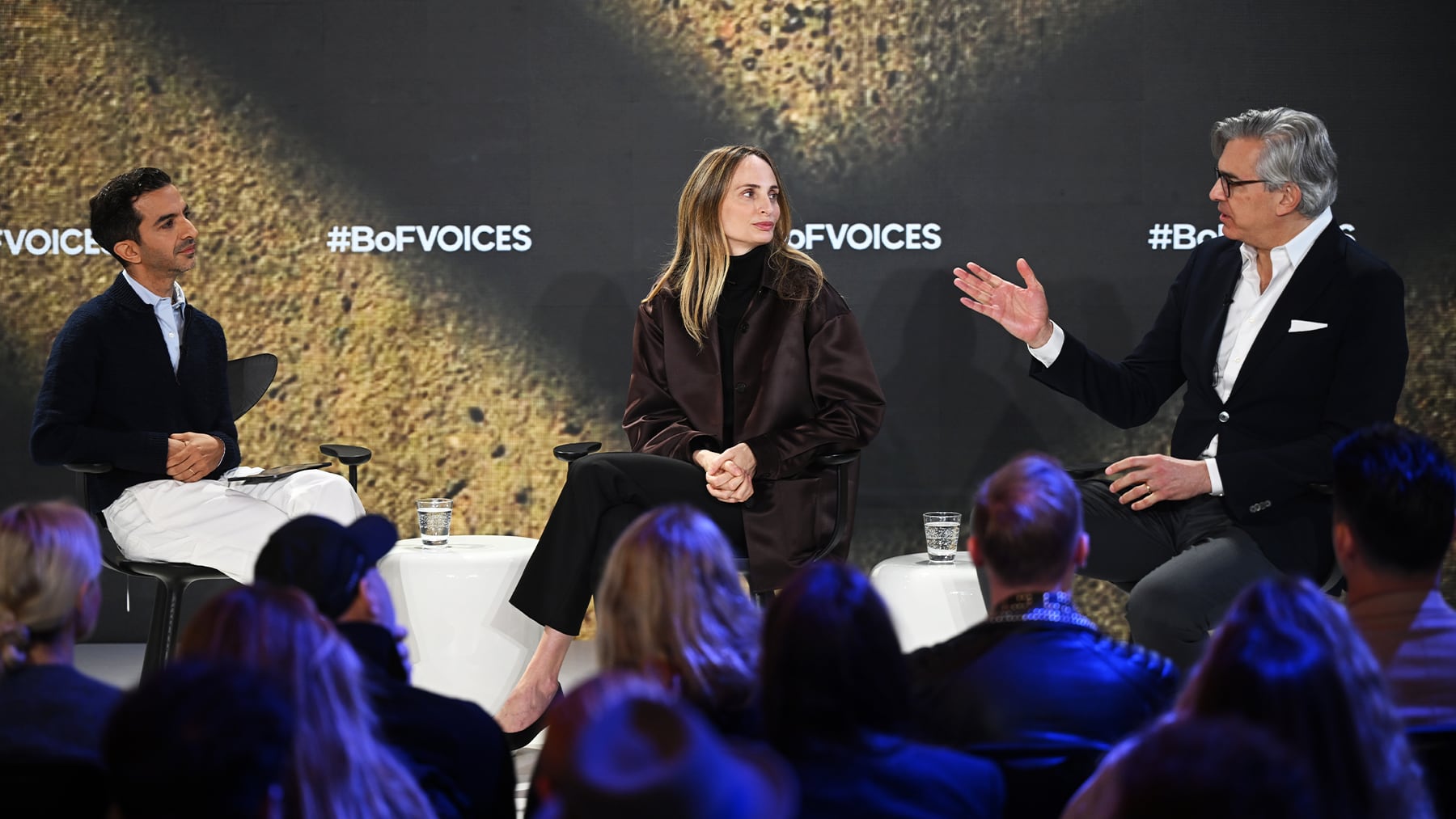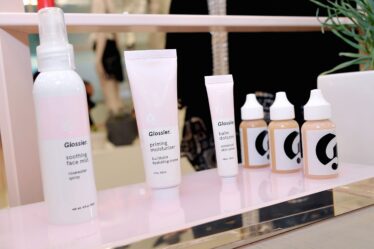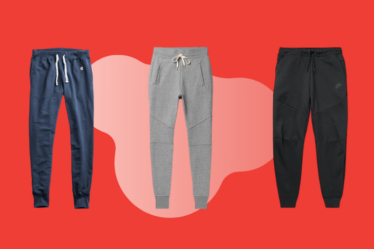
The author has shared a Podcast.You will need to accept and consent to the use of cookies and similar technologies by our third-party partners (including: YouTube, Instagram or Twitter), in order to view embedded content in this article and others you may visit in future.
Subscribe to the BoF Podcast here.
Background:
The author has shared a YouTube video.You will need to accept and consent to the use of cookies and similar technologies by our third-party partners (including: YouTube, Instagram or Twitter), in order to view embedded content in this article and others you may visit in future.
In 2024, luxury e-commerce faced a harsh reckoning. A pandemic-era boom gave way to a bruising downturn that exposed deep-seated weaknesses, as rising marketing costs, excessive discounting, outdated technology management and intensifying competition hit profitability.
MatchesFashion went into administration at the start of the year, shortly after it was sold off in a fire sale to Frasers Group. Farfetch’s share price plummeted by 98 percent, bringing the company to the brink of bankruptcy, only for it to be rescued by South Korea’s Coupang. Richemont sold off Yoox Net-a-Porter to rival luxury e-tailer Mytheresa in October, ending a years-long effort to offload the struggling business.
This week on the podcast, Mytheresa CEO Michael Kliger and Lauren Santo Domingo, co-founder and chief brand officer of Moda Operandi, join BoF Founder and CEO Imran Amed on stage at BoF VOICES 2024. Together, they explore what went wrong in the luxury e-commerce sector, how they are navigating the ongoing luxury slowdown, and what comes next for the industry.
“We didn’t know that this big slowdown in aspirational demand would happen, but we were well prepared,” Kliger said.
Key Insights:
- What separates the winners and the losers in the luxury e-commerce reckoning comes down to preparedness, said Kliger. Mytheresa also “felt the pressures,” but the business was better suited to handle an environment laden with high inflation, high interest rates and middle-income shoppers retreating.
- Kliger added that he still believes in the viability of the luxury e-commerce model because “there is a consumer that wants to shop like that.” “Rumours of our demise have been greatly exaggerated,” added Santo Domingo.
- Despite the challenging market environment, some customers are still spending. E-tailers need to create desirability and find ways to attract shoppers to their platforms through curation, storytelling and other forms of differentiation. “They want from us more experience than just access to product,” said Kliger. “That’s why the brands want to be with us. We are brand enhancing,” echoed Santo Domingo.
- Mytheresa has also invested in optimising its marketing funnel to identify customers who are more likely to remain loyal over the long-term. “We’re not bidding for traffic. We’re not bidding for revenue. We’re bidding for customers,” said Kliger. The business built an algorithm to predict based on past purchases, addresses, types of payment, and time of purchase, whether a customer is likely to return, and they focus their marketing efforts accordingly.
Additional Resources:
- BoF VOICES 2024: Fashion’s Next Moves: Industry insiders including designers Simon Porte Jacquemus and Glenn Martens, H&M CEO Daniel Ervér, e-commerce executives Lauren Santo Domingo and Michael Kliger and more spoke about key challenges and opportunities for their businesses and fashion at large. Meanwhile, McKinsey provided an outlook for 2025.



